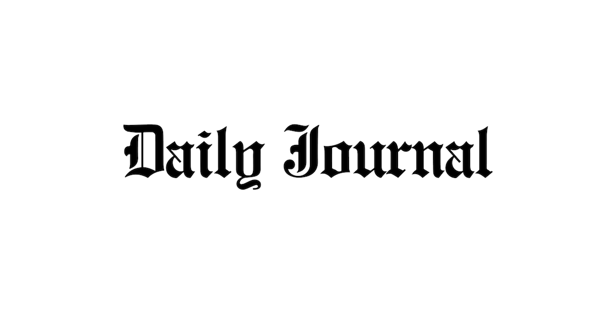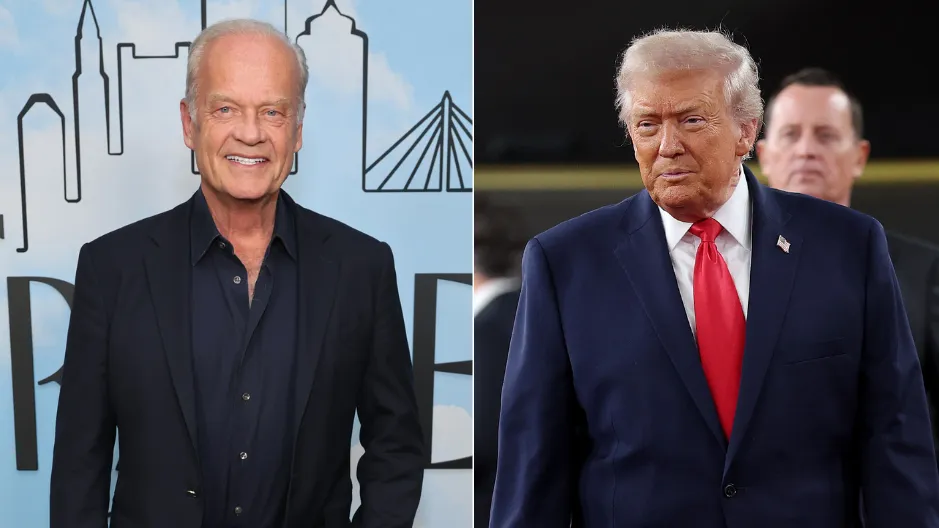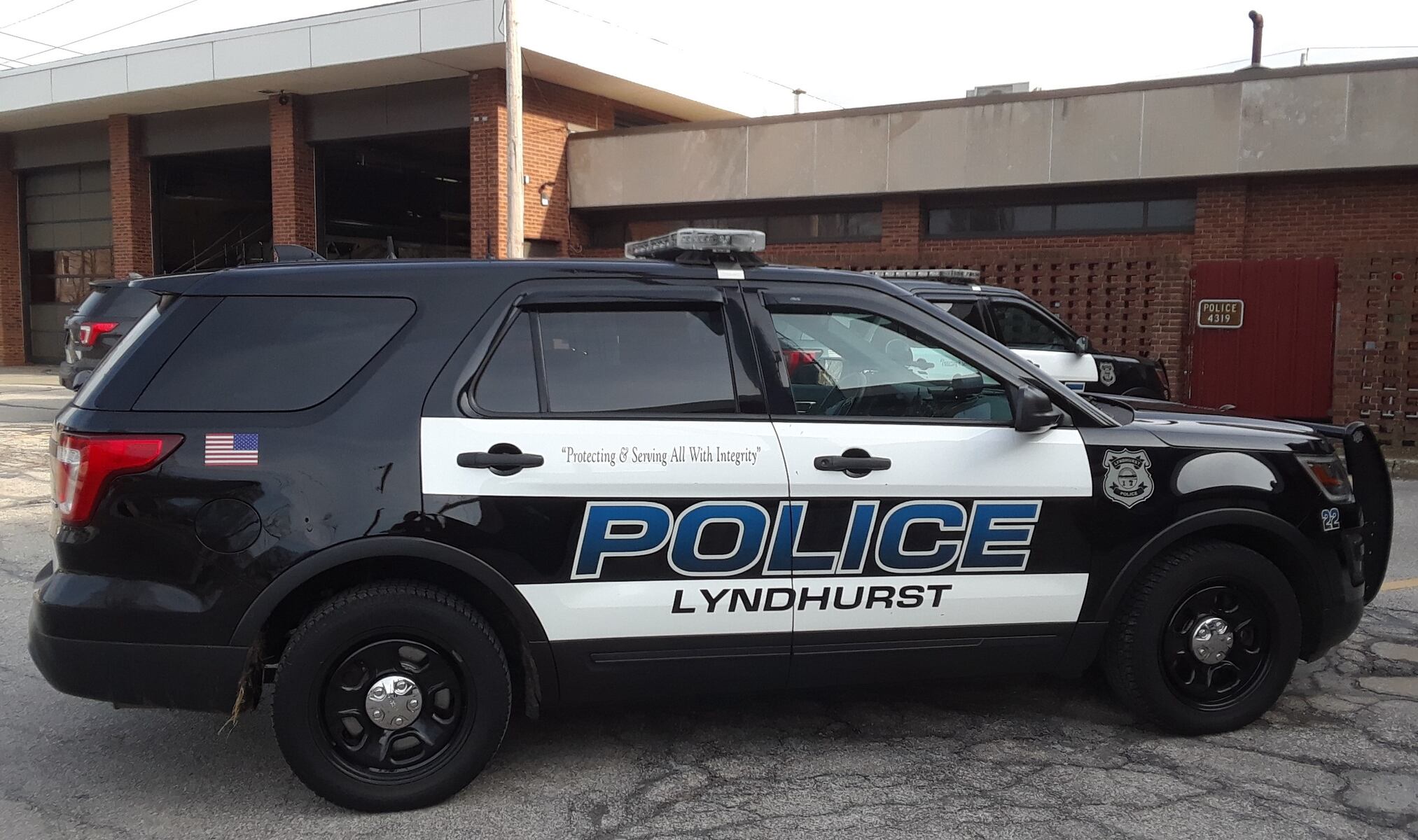School Choice Gains Momentum in Trump’s Tax Bill – Urgent Update

UPDATE: In a significant turn of events, school choice advocates are celebrating a substantial victory following the provisions included in President Donald Trump’s newly announced tax bill, the One Big Beautiful Bill Act. This urgent development allows taxpayers to redirect their federal tax dollars towards private school scholarships instead of sending them to the Treasury, marking a pivotal shift in educational funding.
The act introduces a generous program offering a dollar-for-dollar tax credit for individual taxpayers who donate up to $1,700 annually to Scholarship Granting Organizations (SGOs). This means that taxpayers can effectively donate to these organizations with no out-of-pocket cost; they can write a check to an SGO and receive a tax reduction equivalent to that amount. These SGOs are authorized to issue scholarships—often referred to as vouchers—available for various educational expenses across public, private, or religious schools.
Families with incomes capped at three times the median in their areas will qualify for these scholarships, potentially benefiting most households with children. However, it’s critical to note that taxpayers will not be able to earmark funds for specific children, including their own. This provision allows SGOs broad discretion in deciding which students and schools receive these financial stipends.
The new measure is set to take effect in 2027, with no defined expiration date. However, the future scope and funding of the program remain uncertain. The overall cost and the number of scholarships it will support will depend heavily on taxpayer participation and the willingness of state governors to opt into this initiative. A robust marketing campaign will be essential to inform the public about this newly available option.
Political implications loom large, particularly as Democratic-led states may reject the program, potentially stalling the ambitions of school-choice advocates who aim for nationwide application. Tensions are expected in states with divided governments, such as Nevada, where the issue may trigger political battles. This dynamic could favor Republican candidates, as the topic of school choice is sharply divisive within the Democratic voter base.
According to Jorge Elorza, former mayor of Providence, R.I., and head of Democrats for Education Reform, “There is no Democratic vision on education, and that needs to be rebuilt.” The question remains: will Democratic governors embrace this federal school choice initiative, allowing families to benefit from scholarships funded by taxpayer donations? These scholarships do not cost states anything, thus posing a dilemma for Democratic leaders who often face pressure from teachers’ unions opposed to private school funding.
Some Democratic governors have displayed varying levels of support for school choice. For instance, Pennsylvania’s Governor Josh Shapiro has indicated limited backing, while others like Colorado’s Jared Polis founded a public charter school. In contrast, governors from states like Kentucky, Michigan, California, and Illinois have been more resistant to school choice initiatives.
The political landscape surrounding this issue mirrors past controversies, such as the expansion of Medicaid under Obamacare, which saw some Republican-led states reject federal funding. Over the past 15 years, 40 states have opted for Medicaid expansion, including 20 that Trump won in the 2024 elections.
In Nevada, a small Opportunity Scholarships program already allows corporations to direct their Modified Business Tax liability to approved SGOs, currently providing 1,800 eligible lower-income students with private school scholarships of up to $10,094.
As the implications of this new school choice program unfold, all eyes will be on Democratic governors, many of whom are potential presidential candidates. Their decisions could shape the future of educational funding in the nation. Will they prioritize the demands of teachers’ unions, or will they seize the opportunity to unify their support base while capitalizing on a divisive issue for Republicans?
Stay tuned for further developments as this story evolves, impacting families and educational institutions nationwide.






